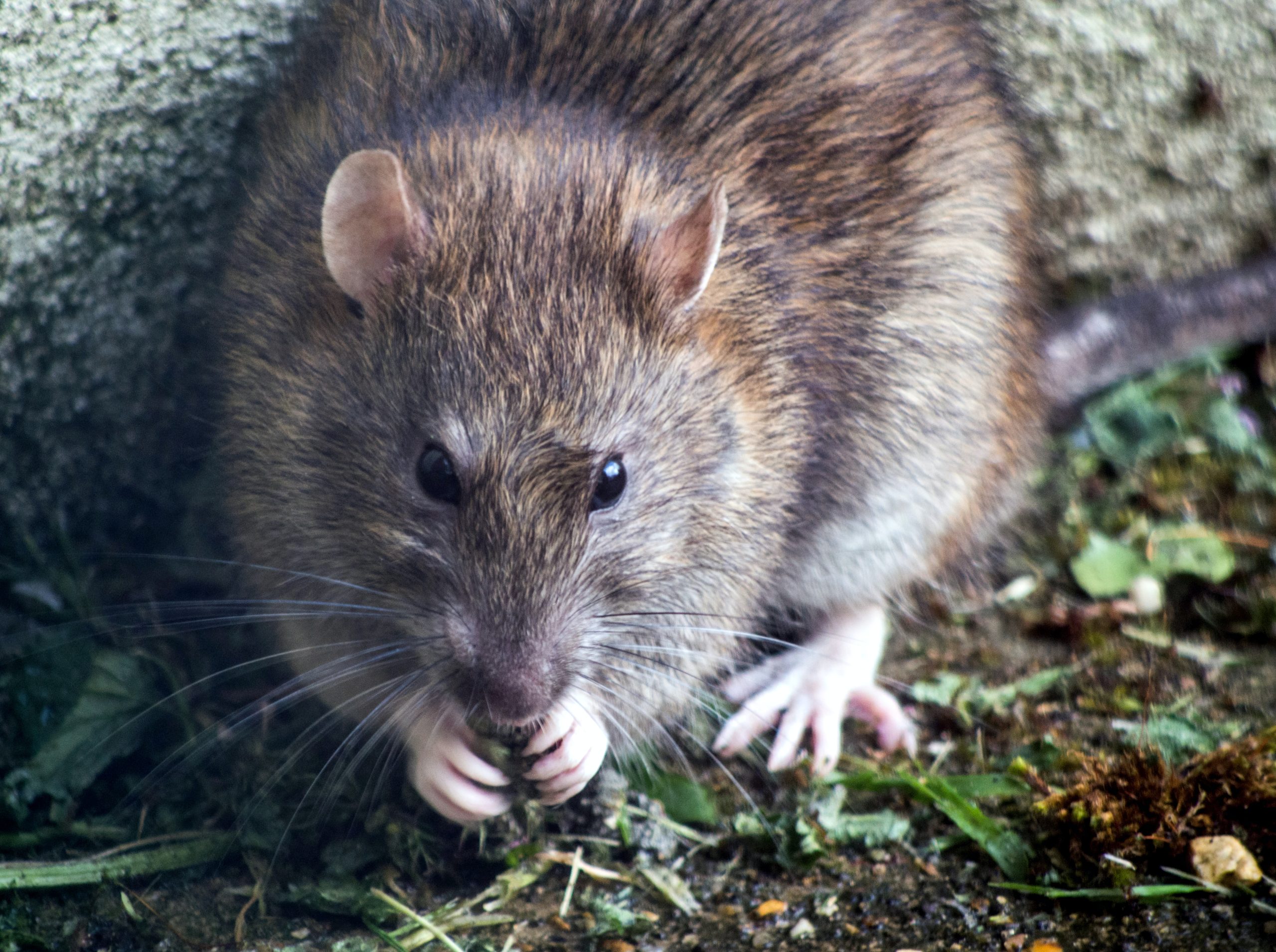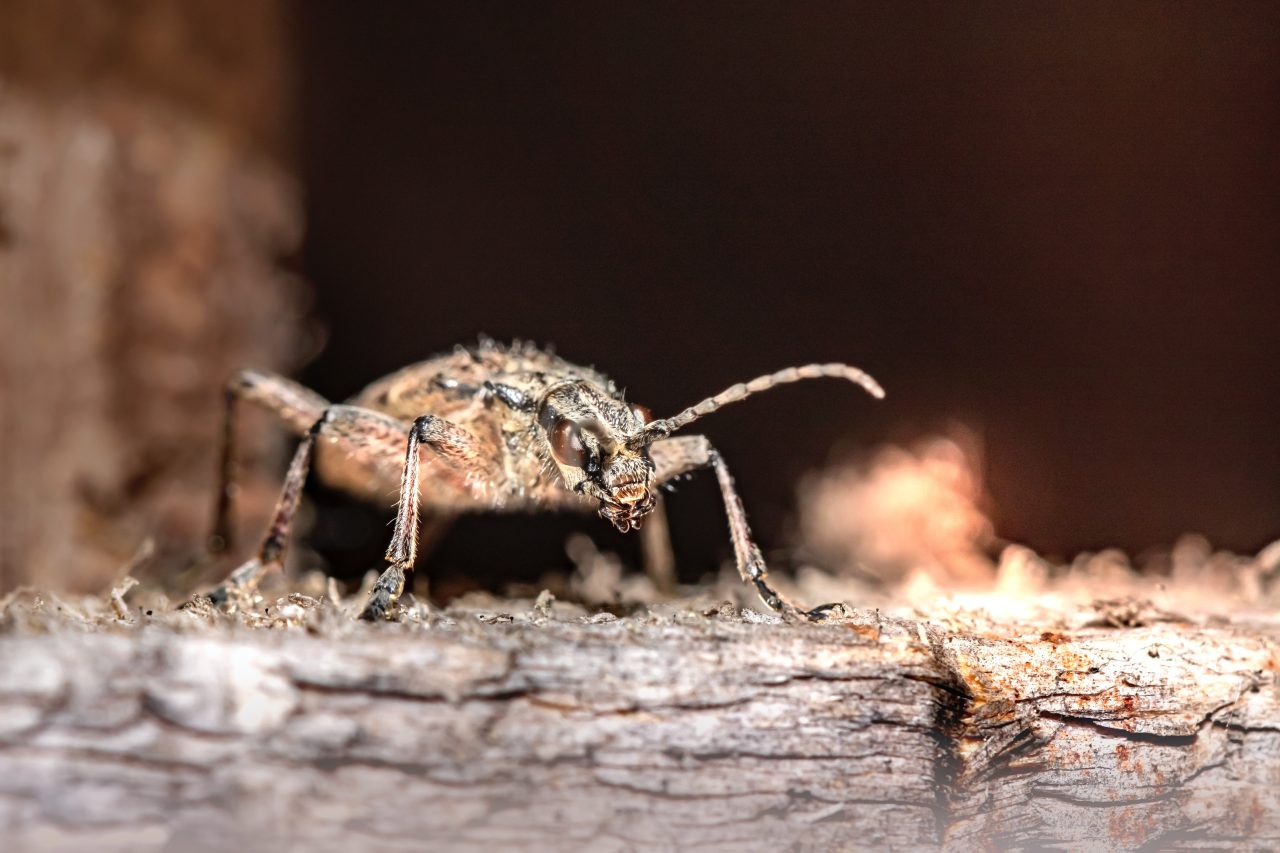Whether you notice mouse droppings in the pantry or ants filing in through a window, discovering a pest infestation can be frightening. Pest infestations are unhealthy for all household occupants and may lower your home’s market value. Fortunately, you can prevent pest infestations from ever happening in the first place by following these 10 tips.
1. Clean the House
Keeping a clean house is one of the most effective ways to prevent pests and rodents. Some experts say you should clean carpets every three to six months and vacuum them weekly — especially the bedroom. Be sure to tackle crumbs and spills in the kitchen as soon as they occur to avoid ants. Decluttering also helps get rid of common hiding spots for pests.
2. Store Food Properly
Your kitchen pantry is a buffet for pests. Store dry goods — such as rice, cereal, pasta and pet food — in airtight containers. Doing so offers protection against cockroaches, ants and pantry moths. Likewise, if you keep fruit and vegetables on the counter, consider refrigerating them instead. Overripe produce and decomposing food debris in mops and garbage cans attract fruit flies into the house.
3. Inspect Your Home for Pest Activity
Regularly give your house the once-over to look for pest activity and conditions pests and rodents would find appealing. Addressing problems quickly can stop a pest infestation in its tracks.
Unwanted critters and bugs can eat through drywall, wood, fences and decks, making it dangerous for homeowners. Pest damage repair can cost up to thousands of dollars depending on the pest type, colony size and structural damages. Homeowners must also account for other expenses, such as repairing custom wood siding and framing.
4. Seal Cracks and Openings
You can expect small bugs to fit between tiny cracks in your home. However, mice can also squeeze between a quarter-inch opening in walls, doors, cabinets, drawers and floors. Seal and weatherstrip whatever openings you can find — including the foundation. Also, installing door sweeps on all exterior doors and your garage door will offer another layer of protection against critters entering the house.
5. Groom Your Pets
Groom your furry friend regularly to prevent hair, dander and dust buildup. After some time, pet hair decomposes into dust, attracting microscopic dust mites. Nearly 84% of U.S. households have dust mites — 97% of people have sensitivities to them. Dust mites live in house dust on mattresses, carpets and upholstered furniture, feeding on dead skin and dander. A dust mite infestation can induce or worsen bad allergies or asthma.

6. Dispose of Garbage Correctly
Did you forget to take the trash out? Garbage may attract bugs and rodents galore. Always dispose of waste in tightly tied garbage bags and throw them away in secure garbage cans with lids. Most people have garbage pickup once weekly. In the meantime, keeping garbage cans as far away from the house as possible is best to avoid luring unwanted visitors.
7. Get Rid of Standing Water
Standing water is a breeding ground for mosquitos and other bugs. If a puddle has accumulated in your yard or driveway, eliminate it immediately. Also, check the areas around flower pots, bird baths and gutters for water. Mosquitoes carry serious diseases, such as West Nile virus. About 20% of infected people will experience mild symptoms like fever, headache, rash, aches and swollen glands.
8. Secure Window and Door Screens
Check your window and security door screens for tears or holes to avoid flies and insects in your home. Be sure to fix or replace the screen entirely if you encounter an opening. Also, the screen should sit securely in the frame with no gaps.
9. Store Firewood Away From the House
Store most of your firewood away from the house. Bringing more than a day’s worth of wood inside only asks for trouble. Also, elevate your firewood on boards or racks so it doesn’t lie on the ground. Raised wood makes it more difficult for unwanted insects to latch on and enter your home. Additionally, if the ground is wet, rotting firewood can entice termites.
10. Landscape Your Yard
Proud homeowners like to preserve their curb appeal for passersby. However, landscaping is equally essential to keep your home pest free. Trim your bushes, regularly mow the lawn and remove dead plants and other natural debris from your yard. It would help if you also replaced old mulch annually to prevent mice, termites, earwigs and centipedes as it decomposes. Snakes often like to shelter themselves beneath a layer of mulch. Therefore, hardscaping garden beds may be another option.
Protect Your Home and Yard From Pests
Pests can be troublesome for any home and rack up hundreds or thousands of dollars in damages. You can protect your home from unwanted critters by securing all windows and doors and ensuring conditions aren’t inviting to bugs and rodents.









No Comments